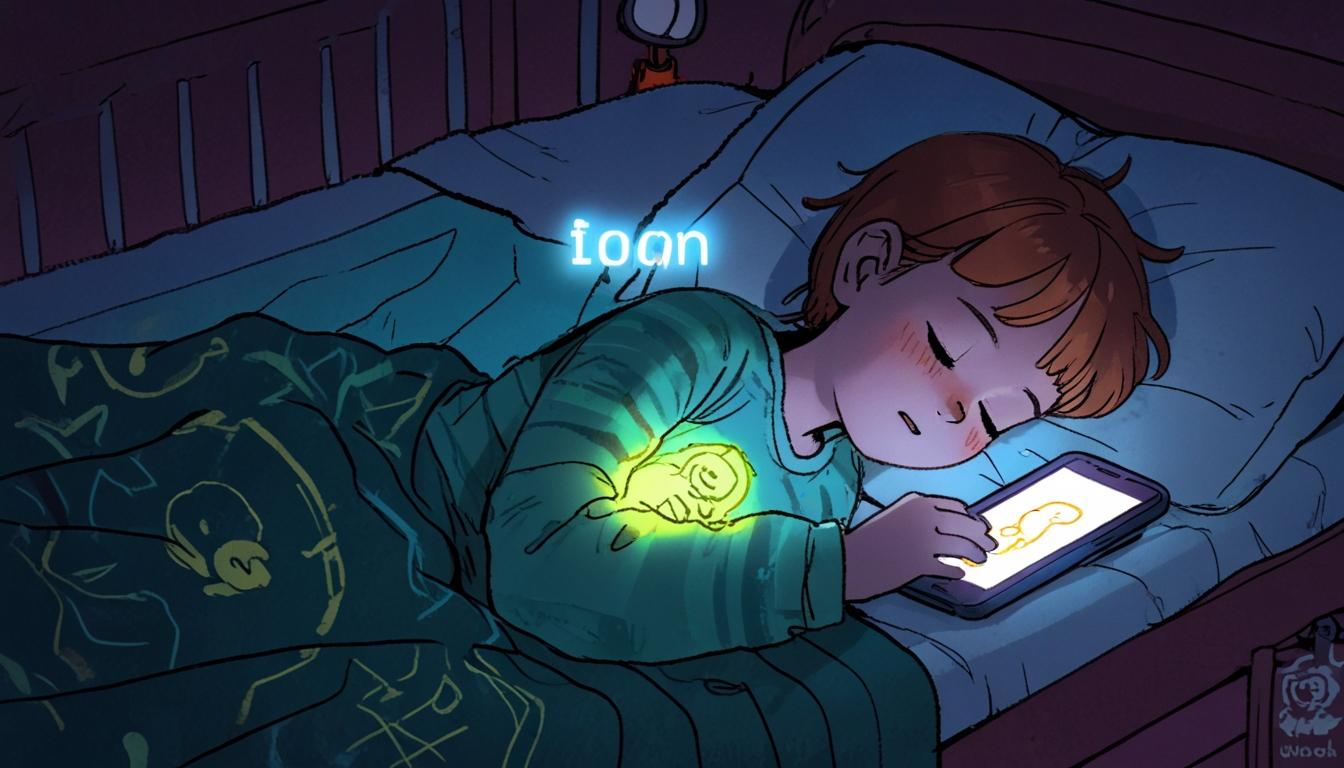The UK government is considering introducing restrictions on children's use of social media after 10pm, amid growing concerns about the impact of “addictive” digital platforms on young people's mental health. Digital Secretary Peter Kyle is exploring proposals that would act as an online equivalent of the traditional TV watershed for under-16s, a move aimed at reducing the disruption these platforms can cause to sleep patterns, social relationships, and overall wellbeing.
Speaking to The Telegraph, Mr Kyle highlighted the damaging effects some social media products have on young users. “It is clear that some of the addictive nature of some of the products is causing anxiety and frustration to young people themselves,” he said. He noted that many young people experience regret over time lost to ‘doom-scrolling’—the compulsive, prolonged scrolling through negative or unproductive content. “I [want to] harness the best aspects of online life and do a damned sight better at mitigating the downsides,” he added.
Mr Kyle expressed interest in recent initiatives by social media platforms themselves, drawing particular attention to TikTok's introduction of tools designed to limit screen time for under-16s. Among these tools is a 10pm curfew feature, which takes over the device screen and plays calming music at bedtime, though the restriction can be temporarily dismissed by the user. Another feature, called Time Away, enables parents to set specific times when their teenager can access the app, requiring parental approval for any extension requests.
The Digital Secretary indicated that he is awaiting evidence on the effectiveness of such tools before progressing with any government-led measures. He emphasised the importance of empowering parents to manage their children's social media use more effectively.
These considerations follow the recent publication of the final version of the new Children’s Codes under the Online Safety Act, released by the regulator Ofcom. The updated guidelines impose tougher rules on technology companies, requiring stringent age-verification systems and measures to prevent harmful content from being pushed to children through aggressive algorithms. Mr Kyle described these reforms as a “sea change” that would make children’s experiences of social media “look and feel different”.
The proposals align with research that shows widespread concerns among British teenagers about social media addiction. Data from the Millennium Cohort study, reported by The Guardian last January, revealed that nearly half (48%) of 16 to 18-year-olds felt they had lost control over the time they spend online. The study surveyed 7,000 participants born between 2000 and 2002 and found girls were particularly affected, with 57% agreeing with the statement “I think I am addicted to social media,” compared to 37% of boys.
These findings have contributed to increasing calls for greater accountability from tech giants such as Meta. Andy Burrows, adviser to the Molly Rose Foundation—established in memory of Molly Russell, a 14-year-old who took her own life after exposure to suicide-related content online—criticised social media platforms for prioritising profits over user safety. “Social media platforms have single-mindedly designed their products to maximise how long teenagers spend online, with algorithms pushing endless amounts of harmful content in their direction,” he said. Burrows stressed that it is “vital tech companies are held to account.”
Child rights advocate Baroness Kidron also weighed in on the issue, describing social media platforms as deliberately designed to be compulsive. “It’s not a bug, it’s a feature,” she stated. “The tech sector employs behavioural psychologists who game social media, games, shopping, even news, to ensure it is easy to access and hard to put down.” She contended that companies should be responsible for the impact of their products on children. “Some of what kids are doing online is perfectly harmless, but all the experiences they are missing while they are doom scrolling impact on their development, wellbeing and in some cases ruin childhood itself,” Baroness Kidron added.
The government’s potential introduction of an online curfew for children is part of broader efforts to address the influence of social media on youth. The initiative reflects a growing recognition of the complex challenges posed by digital technology for mental health and child development in the modern era.
Source: Noah Wire Services
